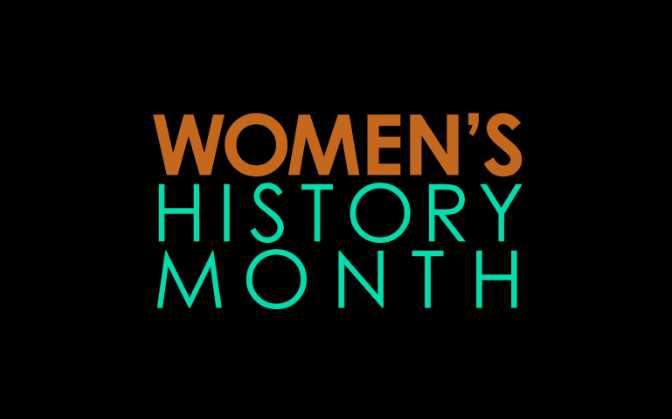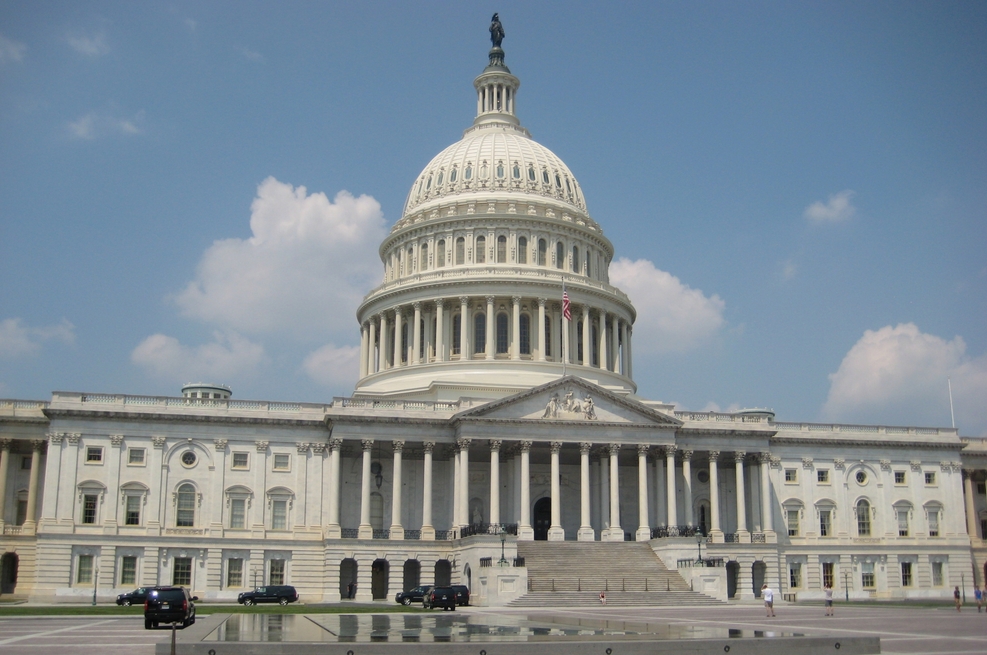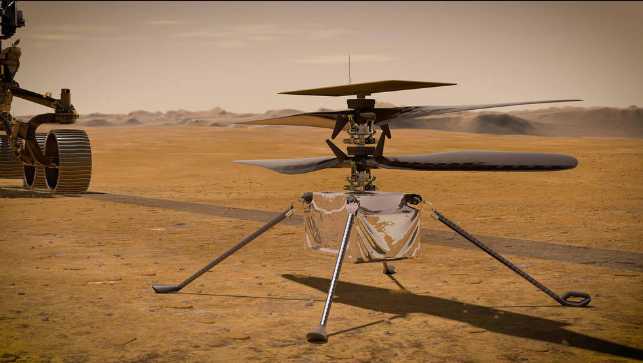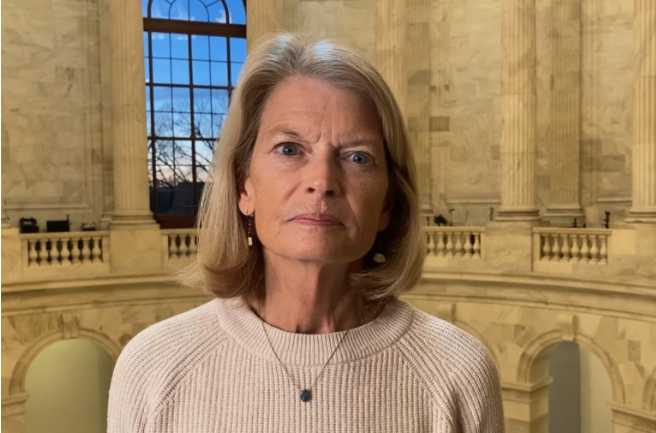With a focus on equity, the Ethnomath Institute, in partnership with Hawaiian educators, intends to provide access to Indigenous ingenuity to promote community, career, and college readiness
(ANGOON, Alaska; HILO, Hawai’i; HONOLULU, Hawai’i) – – Math is often described as the universal language, but math is a uniquely human endeavor as complex and dynamic as the various cultural and interest groups who engage with math across the world. Ten Angoon high school students traveled to Hawai’i in pursuit of sharing their mathematical and cultural understandings with peers. Place-based math experiences and language exchanges were offered to provide a platform for new worldviews to emerge through a week-long immersion experience in partnership with several Hawaiian hosts.
“The term ethnomathematics is used to express the relationship between culture and mathematics (D’Ambrosio 1987).” Ethnomathematic efforts launched in Angoon in 2019 to bring numeracy, relevancy, and collaborative problem solving to learners of mixed high school ages often underserved in STEM experiences. Last year, the community of Angoon gathered around the efforts of Master Tlingit Carver, Wayne Price, in creating their first dugout canoe in 140 years. With his dedication, Wayne has lit a fire in the students by sharing his passion, expertise, and love for Tlingit canoes inspiring local students and educators alike to bring hands-on learnings from Wayne into the first Ethnomath Institute centered on Indigenous watercrafts in 2021. Wayne states “our culture and art connect us to ourselves.”
This year, the Ethnomath Institute has expanded to cover critical topics of food sovereignty. Angoon High School currently offers coursework grounded in a community garden, hydroponics, and agricultural science to raise awareness about potential solutions to food dependency in rural Southeast Alaska communities as “Alaska currently imports 95 percent of its food supplies at a cost of $2 billion per year (Office of Governor Dunleavy, 2022).”
The semester-long course has also provided five educators and Angoon’s principal with opportunities through a Professional Learning Community effort led by Educating Now’s, Nikki Lineham. Through the Ethnomath Institute, educators and administrators from Alaska and Hawai’i are building networks of support for approaching teaching and learning math with courage, warmth, and the new mindsets required to positively shape our rapidly changing world as inspired by Dr. Linda Furuto of the University of Hawai’i (UH) Mānoa’s Ethnomathematics program.
“Working alongside the educators through our PLC reaffirms that ethnomathematics is an accessible and engaging entry point to mathematics for educators and students. All were able to make connections to their histories, and current cultural practices in which mathematics naturally resides as a way of meaning making and helping to solve daily problems.” – Nikki Lineham, Educating Now, ‘22 Ethnomath Institute Educator
All Institute participants strived to embrace the Tlingit value, A káx yan aydél wé tl’átgi: We are Stewards of the Air, Land and Sea, by remaining committed to service-based learning and related mathematical activities throughout the islands including volunteering at the Holua Ona Farm in Hilo and Kauluakalana in Kailua. The Ethnomath Institute’s vision is reflective of the growing innovation and resurgence efforts shaping today’s Hawai’i Island communities. Kamehameha Schools Hawai’i Campus’ sixth grade team embodies the concept of ‘Ōiwi Edge, a personalized learning program designed to provide “a strong ancestral foundation that shapes the agency, adaptability, and well-being” of the next generation of visionary leaders. Partnering with the UH’s Ethnomathematics alum, Kaipo Tam and school leaders, empowered our students and educators to experience a school day where language, land, and culture are seamlessly integrated into a highly rigorous and impactful curriculum based on canoe plants. Kamehameha School’s Kapālama’s campus welcomed the Ethnomath Institute by hosting an evening full of food, song, dance, and a mathematical activity based on the algorithms of cedar and lauhala weaving. Additional hosts included Kamehameha Schools Math Department and Math Team, Hawaii Community College’s Orlo Steele, University of Alaska Southeast’s Sanjay Pyare, UH’s Ka Papa Loʻi ʻo Kānewai, Kilinahe Coleman and leaders of the Kaʻiwakīloumoku Hawaiian Cultural Center, Kailua Ocean Adventure canoes, Friends of the Hokule’a, and Mokauea.
As the resurgence of Indigneous watercrafts and food sovereignty efforts in Alaska and Hawai’i are inextricably connected, the culminating activity of the Institute was meeting the Hawai’iloa canoe at the Marine Education Training Center. Made from enormous trees gifted to the Polynesian Voyaging Society from Sealaska in 1990, the Hawai’iloa provided shelter and a welcoming space for canoe builder Jerry Ongies and Wayne Price to connect with Institute participants as they learned about the similarities and differences in canoe building and the details of the 2023 Moananuiākea, Voyage for the Pacific plan. Students and educators were enraptured by the sharing of the Nainoa Thompson’s Hawaiian Star Compass and voyaging mathematics as demonstrated by a young apprentice navigator and Captain Mark Ellis.
“A student made a comment of how it started being windy and the leaves surrounding us was the Island welcoming us. I painted paddles as gifts to people and I feel as if in a way of doing that, I am personally sharing a piece of me and my culture. Seeing the appreciation of people when they see our art made me realize truly how beautiful our culture is. Being here and seeing Hawai’i’s revitalization inspired me to want to learn more of my languages, both Tlingit and Yupi’k.” – Cheyenne Kookesh, ‘21 & ‘22 Ethnomath Institute Student
The Ethnomath Institute plans to continue engagement in fostering youth leadership and teacher professional development in preparation of the Moananuiākea – A Voyage for the Pacific this upcoming spring out of Juneau. The Institute was envisioned by Frank Coenraad of Chatham School District and supported by Sealaska, Kootznoowoo Inc., and the STEPS grant. Gunalchéesh haa éet yidasheeyí and mahalo nui loa.








